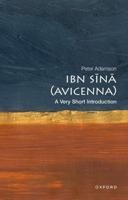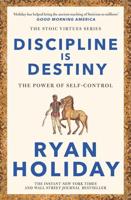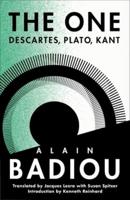Publisher's Synopsis
Contemporary introductions to the theme of self-knowledge too often trace its emergence in the history of philosophy to thinkers such as René Descartes and David Hume. Whereas Descartes conceives of self-knowledge as intimate and first-personal, Hume contends that it is limited to our awareness of our impressions and ideas. In point of fact, self-knowledge is a perennial theme. We may, for instance, trace the lineage of Hume and Descartes on these matters to Aristotle and Plato, respectively. This volume studies philosophical treatments of self-knowledge in the Medieval Latin West. It comprises two sets of papers; the first is taken from an author-meets-critics session on Therese Scarpelli-Cory's Aquinas on Human Self Knowledge, which advances the thesis that Aquinas's theory of self-knowledge wherein the intellect grasps itself in its activity bridges the divide between mediated and first-personal self-knowledge. The second set of papers discuss self-knowledge in terms of self-fulfilment. Authors look to Aquinas's account of how we can know when we have acquired the virtues necessary for human happiness, as well as the medieval traditions of mysticism and theology, which offer accounts of transformative self-knowledge, the fulfilment that this brings to our emotional and physical selves, and the authority to teach and counsel about what this awareness confers.












